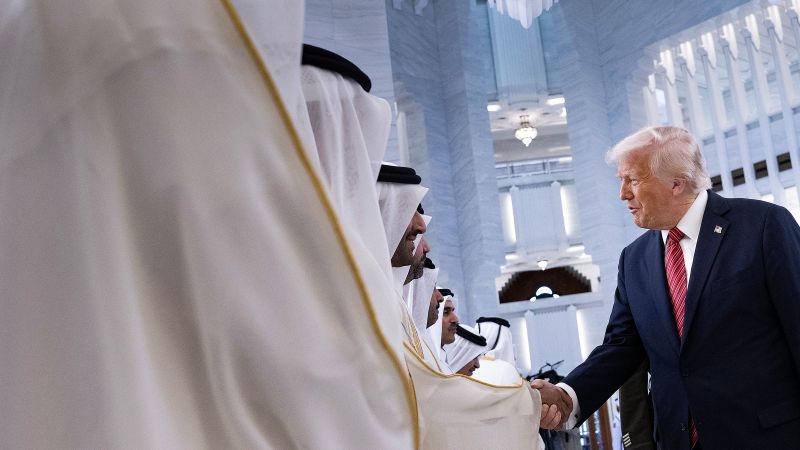President Donald Trump’s recent overseas trip signals a potential shift from his previous “America First” stance towards a more globalist approach. During his visit to Saudi Arabia, Qatar, and the UAE, Trump showcased a willingness to reshape traditional alliances and engage in global conflicts, notably by ending sanctions on Syria and meeting with Syrian leader Ahmed al-Sharaa. Despite diverging from some conservative viewpoints, Trump emphasized his commitment to ending conflicts and defending the US and its partners.
Throughout the trip, Trump addressed various international issues, including tensions in India and Pakistan, the Iran nuclear talks, and peace talks between Russia and Ukraine. He portrayed himself as a dealmaker and peacemaker, emphasizing transactional diplomacy. Despite his globalist inclinations, Trump’s ambitious foreign policy goals faced challenges, such as the ongoing conflict in Gaza and the elusive Iran nuclear deal.
Notably, Trump’s approach lacked focus on human rights, drawing praise for his interactions with foreign leaders but criticism for overlooking human rights concerns. The trip also highlighted Trump’s emphasis on personal involvement in international affairs, underscoring his belief that his role is central to shaping foreign policy outcomes. Overall, the visit underscored the importance of business deals and investments in fostering favorable relations with world leaders, showcasing Trump’s prioritization of economic interests in shaping foreign relations.

